After a two-year absence from the big screen, Rajinikanth is back with a bang. When the Superstar who has ruled the screen for almost five decades -48 years to be precise -decides to work with a new-gen director, something special can be expected. In Jailer, Nelson Dilipkumar celebrates the aura of Superstar Rajinikanth. The film has enough ‘Rajini-Moments’ which will be enjoyed by the hardcore fans, though there is no love interest, no sibling sentiment, and most importantly, no duets.
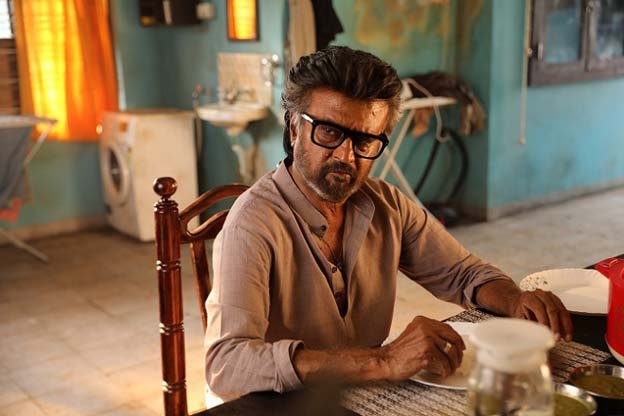
Jailer is a film that rides primarily on emotion, and drama rather than action. The plot is driven by the father and son’s emotions. Rajinikanth plays Tiger Muthuvel Pandian, an ex-jailer and Jailer revolves around him. He is on a mission to seek revenge for the death of his son, ACP Arjun played by Vasanth Ravi, against a mafia dealing in temple antique artefacts. He encounters several unexpected conflicts that put his own family in danger. Muthuvel Pandian’s family include his wife Vijaya played by Ramya Krishnan, daughter-in-law Shwetha played by Mirnaa Menon and grandchild Rithvik played by Master Rithvik. The main antagonist role of idol smuggler Varman is played by Vinayakan. Through the journey, Tiger gets support from old alleys who are present in the film as Superstar cameos -Mohanlal as Mathew, Shiva Rajkumar as Narasimha and Jackie Shroff as Balsingh. Does he succeed to save his family and avenge his son? All of this unfolds in Jailer.
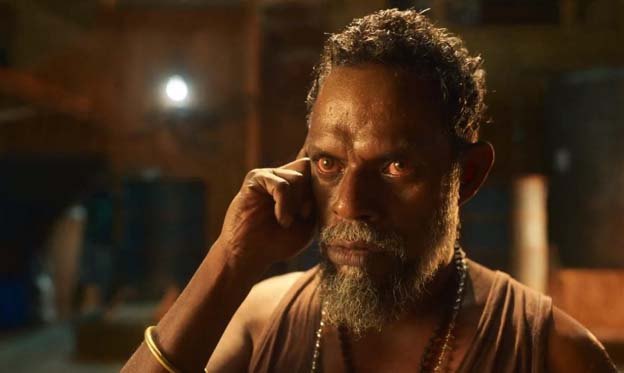
Like most of the recent Rajini films, Jailer also features a flashback that portrays a young Rajinikanth showing how fierce the character was in his prime and how much the enemies feared him. In the present, before the family, he is a coy, timid individual who is bored with his mundane retired life. But we know that there is something more to him. Muthuvel Pandian doesn’t make a blueprint of his strategies and spoon-feed the audience, rather he plays his plans in his mind. As Tiger tries to form a team to win the power battle with Varman, it appears that every minute is a ticking timebomb. While depicting this battle, victims are bathed in blood, dipped in sulphuric acid, and their heads are hammered as it is an attempt by Nelson to desensitise violence on screen. This may be the way the hero and villain show who is bigger than the other.
In Jailer, the major plus is that Nelson doesn’t rely on Rajinikanth to do physics-defying stunts. Here comes the role of Tiger’s friends to help him out. Muthuvel Pandian uses his massive network to make the moves against Varman. He seeks help from the powerful leader of Kerala, a big shot of Karnataka and gang heads of Bihar and Punjab. In this process, Tiger is seen speaking in Telugu, Kannada, Hindi and Malayalam which makes the fans overexcited in theatres.
The mass moments are elevated to another level by Anirudh Ravichander’s background score. Anirudh proves himself to be the biggest fan of ‘Thalaiva’ through his scintillating work. The crunchy scenes leave an even better impact due to the background score and the music does complete justice to the aura of Rajinikanth. The first half of the film gives the right amount of suspense and slowly unravels Muthuvel Pandian’s real side. The second half is violence-heavy and rather slow, compared to the crispy first- half. Still, Nelson can be said to have added an interesting dynamic to the screenplay as the film progresses and his dialogues ensure enough claptrap moments.
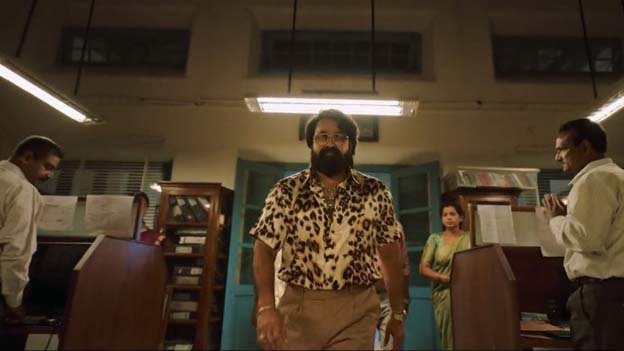
To be the baddie alongside a force like Rajinikanth is a herculean task. But Vinayakan is menacing in his part of a dangerous antagonist, Varman. He impressed everyone with his unique laughs, mannerisms, and dance moves. He brought a lot of depth to the role, and he was able to make Varman a complex and sympathetic character at the same time. It is refreshing to see him mouthing Tamil dialogues with a Malayalam accent. To match Rajinikanth’s charisma and screen presence in every scene is not a small thing which Vinayakan achieved. His performance was one of the highlights of the film, and it helped to make Jailer a success.
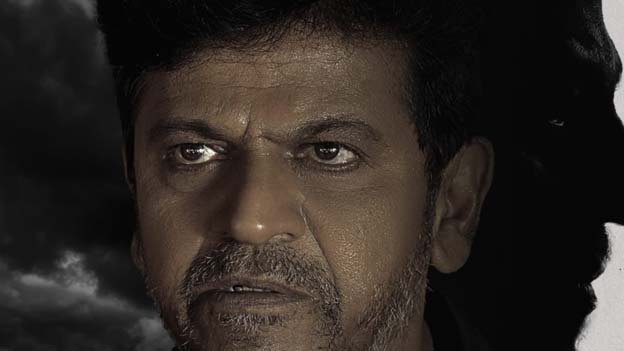
Ramya Krishnan didn’t have a meaty role, but she does well in the allotted space. She helped in creating the family atmosphere in the first half. With an added depth, Vasanth Ravi’s heavy voice stands above his expression. Mohanlal has a stellar cameo while Shiva Rajkumar gets an excellent introduction in Tamil and Jackie Shroff is decent. But Tamannah’s cameo track as actress Kamna was a complete letdown. The comic track featuring Rajinikanth with Yogi Babu works well in the narrative. The humour of Jailer works in bits and pieces. While the humour works in the first half, the film gets derailed on the comic front in the second half. The Blast Mohan subtract led by Sunil which includes Tamannah doesn’t click as well as expected.
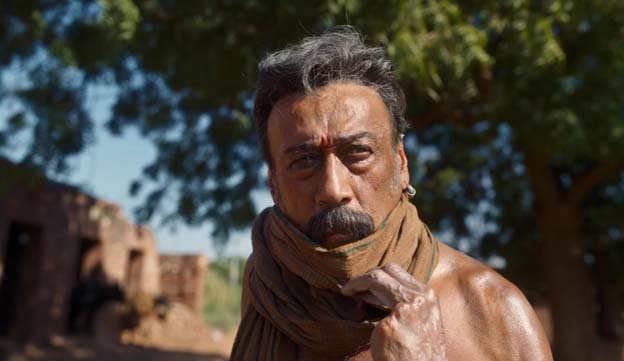
Some of the subplots are left unexplored like the nexus of the police department working hand-to-hand with the stolen artefact’s mafia. The film does go off track for a major part of the second half, which is thankfully lifted by a good climax. The entire track of the heist falters and adversely affects the pace of the film. Some sequences add nothing to the narrative which in turn drags. Nelson could have easily put out a crisper version for a better impact.
Jailer is very good when it’s good, but just drags when it’s bad. For Nelson, it’s a comeback after the Beast experience. The film rides on Superstar’s shoulders and they are strong enough to take the film through. The emotional, dramatic, comic and heroic scenes are aced with perfection. While exhibiting varied emotions, Rajinikanth allows the audience to see and seek sympathy only as per his wish. The gears are shifted at a rapid pace to make the viewers feel angry at the injustice faced by the hero. At the same time, Rajinikanth as an actor successfully camouflages the display of Rajnikanth’s superstardom and antiques. His on-screen persona indeed leaves a lasting impression.

























